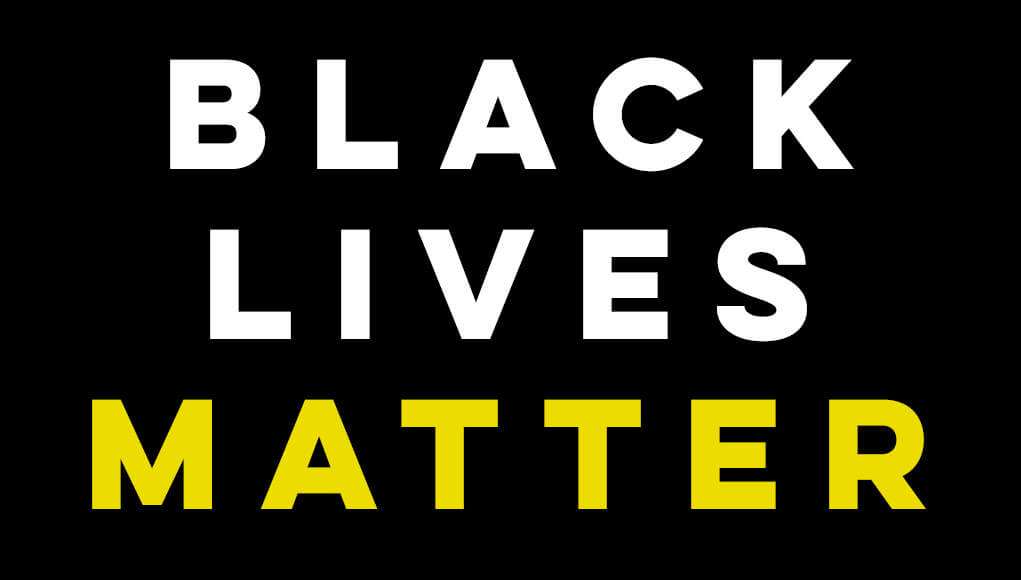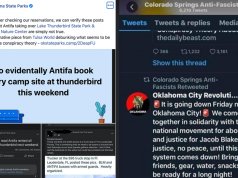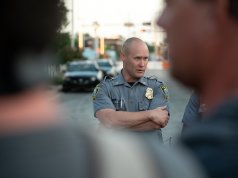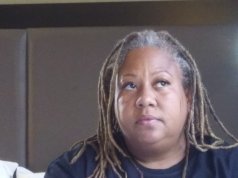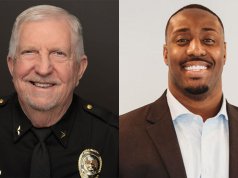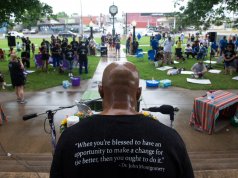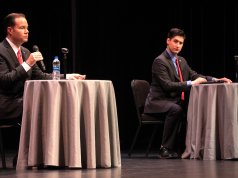The Black Lives Matter ethos — and its push for equality and racial inclusion in American society — has galvanized support throughout the black community, but those ambivalent to this movement question its relevance and efficacy.
These detractors go on to suggest that such a movement devalues the lives of others and further divides our country. Yet, there is a historical framework through which Black Lives Matter emerges, and only through this lens can we see the timeliness of this effort.
Over the past few years in particular, we have too often seen the death of an unarmed black person by the hands of those entrusted to serve and protect us.
While the death of black people is not a new phenomenon, trying to make sense of the images portrayed across social media outlets is difficult and heartbreaking.
The historic tension between the people living in America’s inner cities and those patrolling remains very real today. After the death of Michael Brown in Ferguson, Mo., a Department of Justice investigation uncovered an embarrassment of police bias: disproportionate stops and arrests of blacks without probable cause, repeated use of unreasonable force, racially biased handling of warrants and a motivation of revenue over public safety. All of these practices violated the rights of poor, black residents.
In other words, blacks were used as a commodity to build revenue for the city of Ferguson. It is apparent to a lot of folks that the racial bias found in Ferguson is not an aberration. For most black people, at least some of these behaviors have, in fact, become a part of the american experience.
For the most part, blacks for decades have learned to navigate around this discriminatory system. Previously, those oppressed by this inequitable treatment simply feared harassment or a night in jail. Not until the 1960s did we see a coordinated strategy of nonviolence employed by millions of people to protest and address these issues.
In modernity, something has changed. While the rancor was still active, cops began to shift from a methodology of verbal assaults to outright physical beat downs. The world witnessed the brutal attack of an unarmed Rodney King by Los Angeles police officers on March 3, 1991. This was not only a change in police tactics, but a move toward shielding law enforcement from prosecution and accountability.
Consider for a moment that racial profiling is not new to the black community and neither is police provocation. Black parents teach their children to remain docile during these encounters, and evidence of this childhood socialization remains prevalent in today’s adult black people, especially black males. Yet the trajectory of police bedevilment has taken a violent turn.
That turn has been so violent that it has caused black people, scholars, social activists, preachers, and laypersons to call into question the state’s view regarding the value of black people. America is a country birthed by slavery, nurtured by a system of inequality called “Jim Crow” and brought to maturity by white privilege. It seems logical that minorities feel ostracized by the American caste system. Thus, created out of this present-day chaos is the “Black Lives Matter” movement.
While the Black Lives Matter movement is beyond the scope of one article, I will attempt to define it in very simple terms. As a movement, it seeks to do many things. Essentially, however, it is a movement that seeks to bring attention to the plight of black Americans. Its quest is to create substantive conversation about black issues and concerns, namely the ills perpetrated on black people across this country.
There remains a fear in this country of talking specifically about the angst of black people. Somehow it helps the dominant culture cope with a tainted history by always deflecting or correlating the race question with a puritanical view. For instance, when faced with validating this movement, 2016 presidential candidate Gov. Martin O’Malley (D-Md.), felt the need to minimize it by stating “all lives matter.”
This is such a silly statement, and I laugh every time I hear it. The Black Lives Matter movement does not devalue the lives of others. Of course, all lives matter. Who, striving for equality and racial justice, would believe or suggest that they don’t? Is it inconceivable or socially unacceptable for black people to want to bring attention to issues plaguing their community? Can America not stomach such a conversation? Are we so fragile a nation that the very notion of black people articulating legitimate grievances renders us aphonic? If we can talk about border security, ISIS, and the latest primetime hit, why can’t we talk about America’s race dilemma? I ask you, why not the Black Lives Matter movement? To avoid it or to marginalize it, or to demonize it, justifies the need for it.









